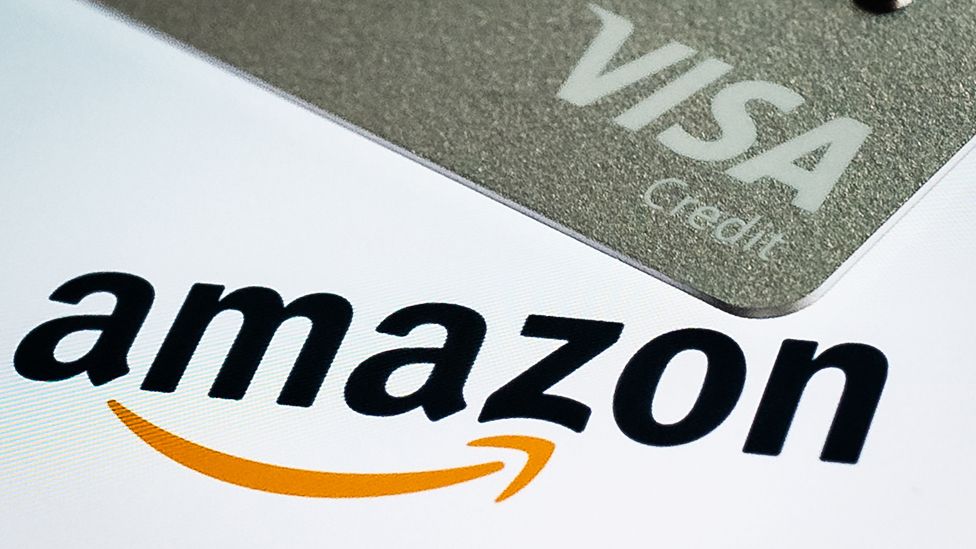United Arab Bank Signs Exclusive Partnership With the...
- 22.09.2025 12:25 pm
FICO UK Credit Card Market Report: June 2025
- 14.08.2025 09:45 am
Empower Finance Rebrands to Tilt and Launches Tilt...
- 07.08.2025 01:05 pm
Euronet And CoreCard Announce Merger Agreement
- 04.08.2025 09:45 am
American Airlines And Mastercard Renew Partnership For...
- 21.07.2025 04:25 pm
Ethiopia Embraces Its First Domestic Credit Card—...
- 21.07.2025 12:05 pm
Chargebacks911’s 2025 Cardholder Dispute Index: New...
- 15.07.2025 08:45 am
FICO UK Credit Card Market Report: May 2025
- 14.07.2025 08:55 am
Credit Card Debt Per Borrower Climbs To £2,920 As...
- 03.07.2025 01:55 pm
Jaja Finance Becomes The First Credit Card Provider To...
- 02.07.2025 02:05 pm
FIS Partners With Issuer-Merchant Collaboration...
- 22.05.2025 11:25 am
Perpay Taps Marqeta to Power Consumer Credit Card
- 08.05.2025 08:15 am























